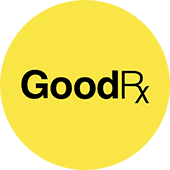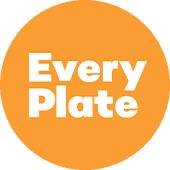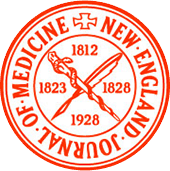In a world where sleepless nights are all too common, a hormone called melatonin has become a shining star in the sky of sleep aids. Its popularity has surged in recent years as more and more people turn to it for a good night’s rest. But with the rise in...
Blog
5 Holistic Ways to Manage Stress
As April unfolds, we find ourselves in the midst of Stress Awareness Month, a time dedicated to raising awareness about the impact of stress on our mental, emotional, and physical well-being. Everyone experiences stress here and there, as it’s a natural response to...
The Power of Breathing
Breath is the bridge between the involuntary (autonomic) and the voluntary nervous system. It iscontrolled by two sets of nerves, one belonging to each system. The human body breathes on average 1700 to 2100 times per day. According to Harvard trained Dr. Andrew Weil...
Gastroparesis: Causes, Symptoms, and Treatments
August is Gastroparesis Awareness Month, so today we wanted to take some time to spread awareness and improve understanding of this chronic gastric disorder. Typically, strong muscular contractions propel food through your digestive tract. In some people,...
Everything You Need to Know About CBD
You might have noticed that CBD is popping up everywhere these days. Capsules. Salves. Coffee. Cocktails. Beauty products. Dog treats. You name it, there’s probably a CBD-infused version of it available. Maybe you’ve even tried CBD yourself, but do you...
Recipes: Falling for Fall with Sweet and Warm Flavors
As the days become chillier and we see the leaves changing, Fall is the perfect season to warm our bodies with delicious, nutritious food using seasonal ingredients. Our team has created 2 great recipes for you to try out, fall in love with these and let us know how...
A KNEW Story of Health Transformation: Overcoming Chronic Digestive Complaints
Imagine having a life-long struggle with your digestion, including several diagnoses like a hiatal hernia, duodenitis, GERD and diverticulosis, in addition to suffering from frequent constipation and unable to get any real relief from “medical" interventions. Now,...
3 Nutrition Hacks That Curb Sugar Cravings Fast
It's no secret Americans consume way too much sugar---about 66 pounds of added sugar per year per person[note]http://sugarscience.ucsf.edu/the-growing-concern-of-overconsumption.html#.W3SJ-8InbIU[/note]. And despite the plethora of new research, news reports and...
A Crash Course in Leaky Gut Syndrome—What is it? Are you at risk? And how to Fix it
Do you suffer from regular bloating, uncomfortable digestion, gas, fatigue, an autoimmune condition, mood swings, brain fog, skin issues, nutrient deficiencies or multiple food sensitivities? Have you taken multiple courses of antibiotics or NSAIDs in your life? If...
3 Surprising Secrets to Living Longer (while having more fun)
If you've ever Googled the question: "what's the secret to a long and healthy life?", you've likely come across a slew of advice on eating a low-calorie diet, reducing stress, exercising, taking certain supplements and getting enough sleep. And while these popular...
5 Foods We All Thought Were Unhealthy…That Aren’t
We all know the classic adages of avoiding fats or lowering calories and the like, but much like other fields of science, nutritional science evolves with our understand of physiology and of the foods themselves. But, despite advances in research and changes in the...
How Eating on a Schedule Could Boost Your Energy Levels, Reduce Stress and More…
Do you eat at the same times every day? How about eating the same foods every day? Do you sleep in on the weekends only to find you're still exhausted when you wake up and can’t seem to find the energy to charge through the day? Last week, we looked at 3 sneaky causes...




















































